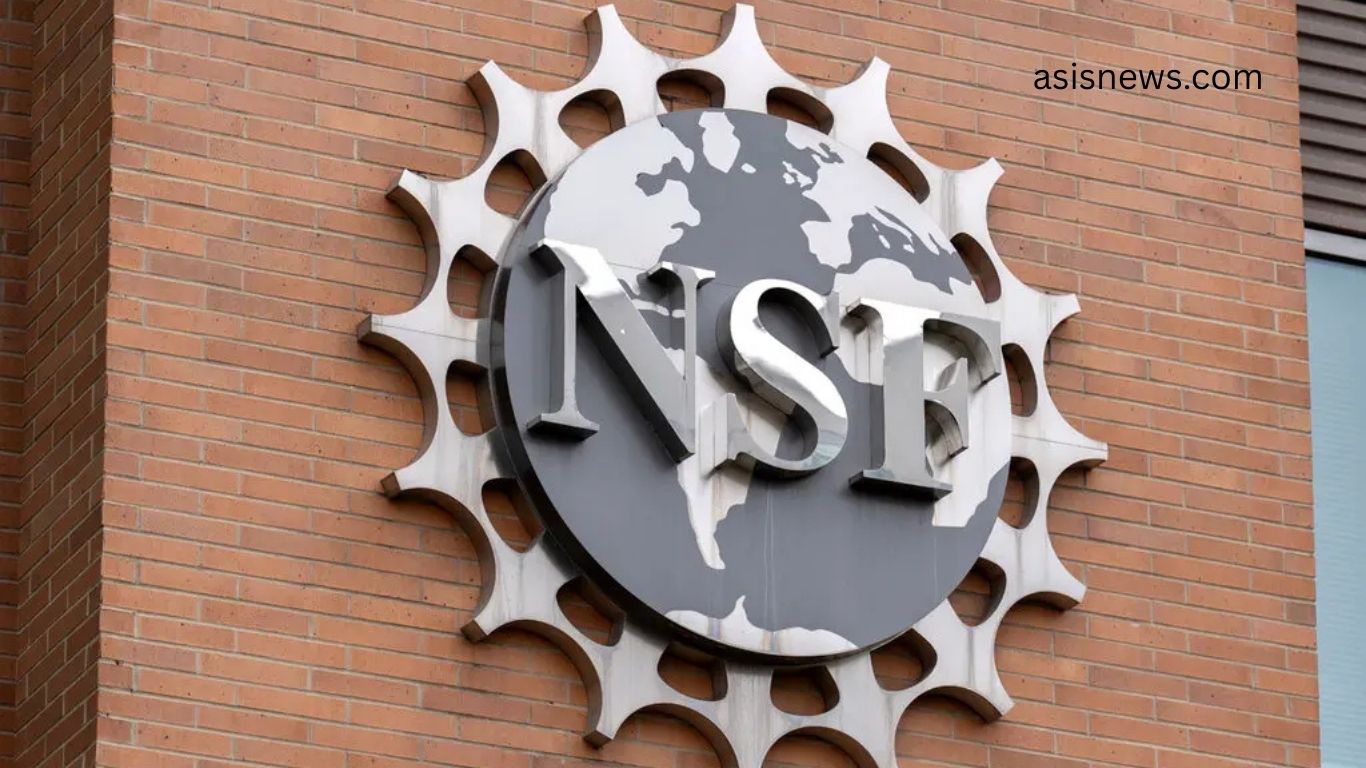A major legal battle has emerged over federal funding for higher education and scientific research after a California judge ruled that the Trump administration violated a previous court order in its handling of grants awarded to the University of California, Los Angeles (UCLA). The case highlights the clash between executive policies, judicial oversight, and the autonomy of universities conducting publicly funded research.
On Tuesday evening, Judge Rita F. Lin of the U.S. District Court for the Northern District of California ordered the National Science Foundation (NSF) to reinstate millions of dollars in research grants. The ruling underscored that the Trump administration attempted to bypass an earlier injunction issued in June by relabeling canceled grants as “suspended” rather than terminated. Judge Lin described this maneuver as a deliberate misinterpretation designed to evade judicial authority.
This case is part of a broader trend where the Trump administration has sought to reshape federal research priorities and redirect funding away from institutions it perceives as politically hostile or ideologically misaligned with its agenda.
Read More: Los Angeles Schools Open as Immigration Enforcement Concerns Loom
Background: UCLA and Federal Research Grants
The University of California system, particularly UCLA, has long relied on federal research grants to support a wide range of projects in medicine, science, technology, and social sciences. These grants often fund groundbreaking studies that advance innovation, create jobs, and contribute to public welfare.
Earlier in 2024, however, the Trump administration began cutting back on research grants across several universities, including UCLA. Reports indicated that the UC system lost roughly $324 million in research funds in just a few months, with more than $81 million linked directly to NSF grants.
The administration justified the cuts by citing issues such as admissions diversity, alleged antisemitism, and policies surrounding transgender athletes. Yet critics argue that these reasons masked political motives aimed at punishing universities perceived as leaning liberal.
Judge Lin’s Strong Rebuke
Judge Lin’s ruling emphasized that the administration’s actions violated both the spirit and letter of the law. She criticized the NSF for attempting to circumvent her earlier injunction by renaming the cancellations as “suspensions.”
“N.S.F. claims that it could simply turn around the day after the preliminary injunction and freeze funding on every grant that had been ordered reinstated, so long as that action was labeled as a ‘suspension’ rather than a ‘termination,’” she wrote. “This is not a reasonable interpretation.”
Her order made clear that the executive branch cannot simply sidestep judicial authority through semantic tactics. The ruling reinforced the judiciary’s role as a critical check on executive overreach.
Pattern of Targeting Higher Education
Judge Lin also pointed out that the mass suspension letters sent to UCLA mirrored complaints previously leveled against other universities, such as Harvard. The administration has criticized these institutions for their diversity and inclusion policies, often framing them as discriminatory against certain groups.
However, Judge Lin noted that the administration’s approach appeared less about addressing genuine concerns and more about targeting universities associated with progressive causes. By freezing research grants, the administration effectively halted projects in areas such as climate science, public health, and social equity—fields often seen as contrary to Trump-era policy priorities.
Parallel Rulings Across States
The California case is not an isolated one. In a related ruling in Massachusetts, another federal judge addressed similar cancellations of grants from the National Institutes of Health (NIH). That judge described the actions as discriminatory, particularly against racial and sexual minorities, and driven by hostility toward vulnerable communities. The court ordered the restoration of funding in an impassioned ruling from the bench in June, reinforcing the pattern of judicial pushback against the administration’s funding strategies.
These rulings suggest a growing judicial consensus that the Trump administration’s attempts to restrict research funding on ideological grounds may violate constitutional protections and principles of equal treatment.
Impact on UCLA and the Research Community
The financial implications for UCLA are significant. The suspension of more than $300 million in research funds threatened to stall dozens of ongoing projects, disrupt faculty research, and cut off opportunities for graduate and undergraduate students involved in federally funded programs.
Beyond UCLA, the case has raised alarm across the academic and scientific community. Universities nationwide rely heavily on federal grants to drive research that not only advances knowledge but also contributes to economic growth, healthcare innovation, and technological development.
Critics argue that politicizing federal research funding undermines the nation’s ability to compete globally and address urgent issues such as climate change, disease prevention, and social inequality.
Broader Political and Legal Implications
The ruling carries implications beyond UCLA and the UC system. It underscores the importance of judicial oversight in curbing executive attempts to use funding as a tool of political influence. Legal experts note that the case may set an important precedent for how federal agencies manage grant programs in the future.
For the Trump administration, the ruling represents another setback in its broader campaign to reshape federal research priorities. While the administration has often portrayed these actions as efforts to enforce accountability and fairness in higher education, courts are increasingly rejecting those justifications as pretexts for ideological targeting.
The case also adds to the ongoing national debate about the role of diversity, equity, and inclusion in universities. By linking grant terminations to such policies, the administration has positioned itself at the center of a contentious cultural and political battle that is likely to persist into the coming years.
Frequently Asked Questions:
What did the judge rule in the UCLA grant case?
Judge Rita F. Lin ruled that the Trump administration violated a previous court order by trying to suspend, rather than terminate, UCLA’s research grants, calling it an unreasonable interpretation.
How much funding did UCLA lose before the ruling?
The University of California system lost around $324 million in federal research grants earlier this year, with UCLA alone losing more than $81 million in NSF funding.
Why did the Trump administration cut UCLA’s research grants?
The administration cited concerns about diversity in admissions, alleged antisemitism, and policies on transgender athletes. However, the court found these actions politically motivated rather than genuinely addressing those issues.
How did the court respond to the administration’s justification?
Judge Lin rejected the claim that the grants could simply be “suspended” instead of canceled, ruling that the administration’s actions were meant to sidestep judicial authority.
What is the impact of the ruling on UCLA?
The ruling ensures restoration of millions in research funds, protecting dozens of projects, faculty research, and student opportunities at UCLA.
Are other universities facing similar issues?
Yes. Harvard and other institutions have also been targeted with similar funding cuts linked to diversity and inclusion policies, leading to multiple lawsuits.
What precedent does this ruling set?
The case reinforces judicial oversight in preventing the executive branch from using federal research funding as a political tool, safeguarding academic freedom and equal treatment.
Conclusion
Judge Rita F. Lin’s ruling serves as a powerful reminder that federal agencies cannot bypass judicial authority through technical maneuvers or politically motivated decisions. By ordering the reinstatement of UCLA’s research grants, the court not only protected vital academic projects but also reinforced the principle that scientific funding must remain free from partisan influence. The decision highlights the judiciary’s essential role in upholding fairness, transparency, and academic freedom in higher education.

